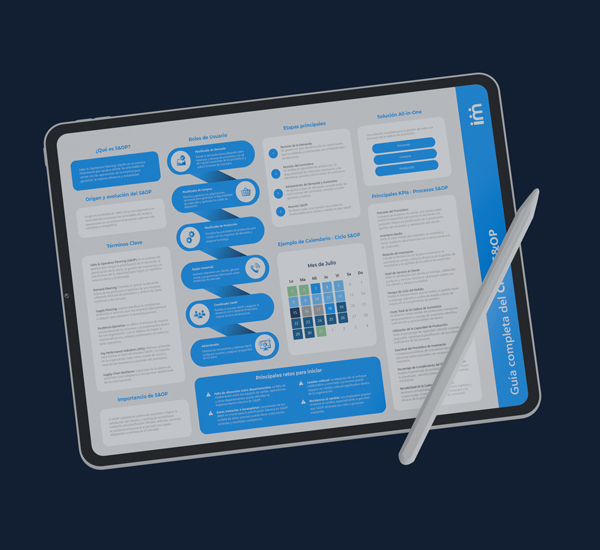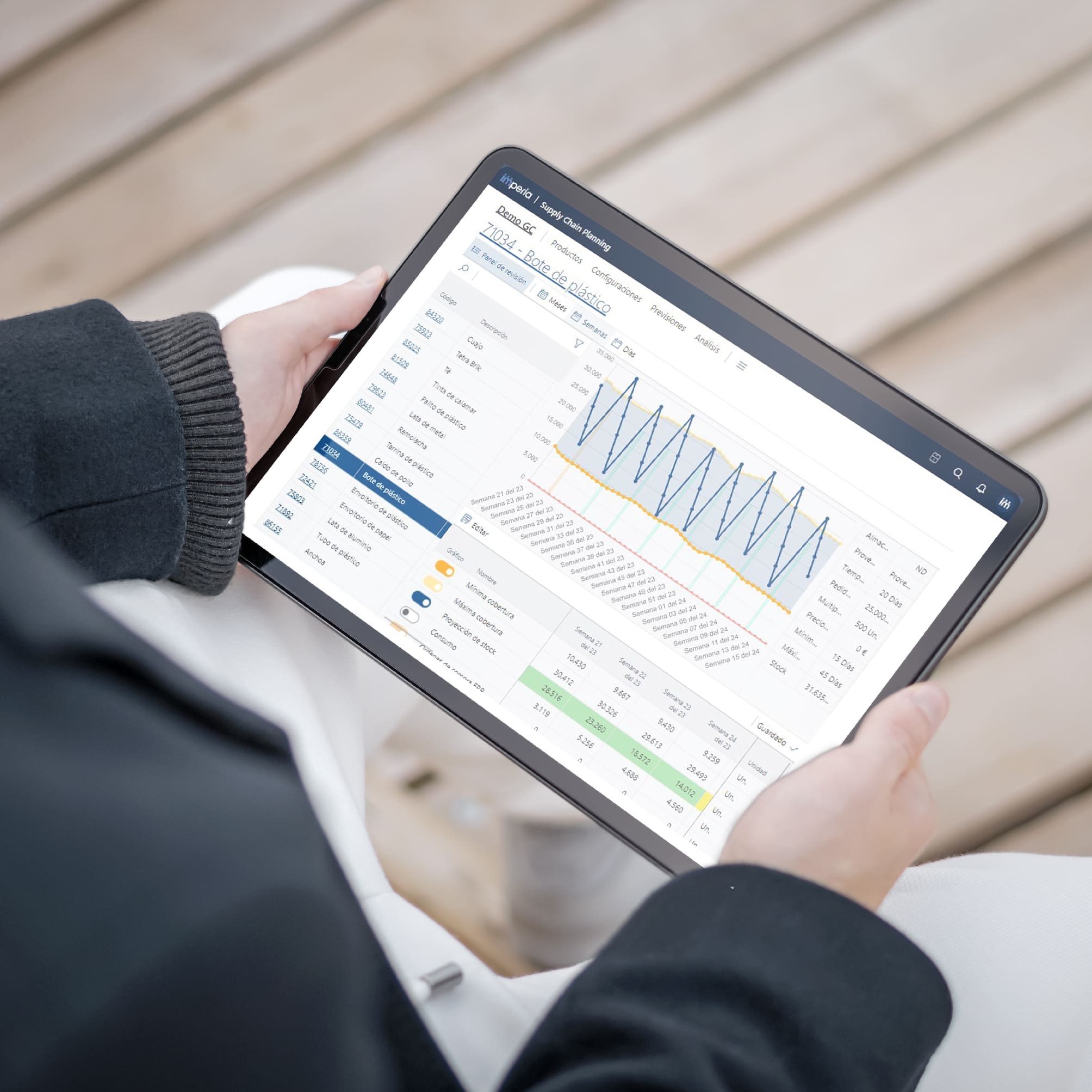
During the "Black Friday" period, the impacts generated by sales forecasting are reflected. For a week now, we have been immersed in this marketing tactic from the US that aims to sell unsold items from the year or increase sales through attractive discounts for a week. Companies use these forecasts to plan their production, distribution, marketing, and staffing, as they are based on the estimated demand for their products or services.
Impact of Demand on Business Management
Accurate demand forecasts, based on advanced calculation models and therefore reliable, are of great importance in all aspects of a business. These forecasts are the only estimate of demand until the actual demand is known. Consequently, these forecasts determine decisions in many areas of the company. In this article, we will focus on studying the impacts of sales forecasting on three activities: human resources, production capacity, and supply chain management.
Implications in the Human Resources Area
The main function of the Human Resources department is to manage personnel to achieve the forecasted production. In other words, they must hire, train, and dismiss employees based on the expected demand. If an unexpected demand arises and they need to hire new employees without prior notice, the quality of the workforce decreases and affects the activities of the company. This is because the training they can receive is more limited compared to the standard onboarding and training received when joining the company.
Implications in the Production Area
The production capacity or plan is usually the main reason why companies make forecasts, as they will base their production plan on them. But what happens if the forecasts are not accurate? Two things can happen:
Therefore, it is essential to have advanced calculation models that can provide reliable forecasts to base production planning and other business actions on. This way, the impacts associated with sales forecasting can be minimized.
Implications in Supply Chain Management
Quality forecasts can provide the company with two increasingly important characteristics in any manufacturing or service company: flexibility and agility.
Flexibility can be defined as the ability to respond to any market variation as quickly as possible. But can these variations be predicted in advance? The answer is clear: in many cases, yes, if you have the necessary tools for sales forecasting. This is because the market operates according to trends and follows a series of predictable patterns. However, in a small part, market variations cannot be predicted, as has recently happened with the crisis caused by Covid-19. This is where agility comes into play, the ability to react in a timely manner.
Being agile in a company requires optimized processes and the ability to work with large volumes of data. This way, it is possible to identify patterns in real-time and make quick decisions in supply chain management.
In addition, if the forecasts are accurate, good relationships can be established with suppliers and lower prices can be obtained. For this, a good long-term forecast and proactive operations management are essential. This way, delivery times can be managed, and a constant flow of orders from the supplier can be ensured.
If you need to improve your demand forecasting process, contact us! We will help you define and standardize a process that will enable you to achieve excellence in your supply chain.



























































 Imperia_thumbnail.jpg)





















